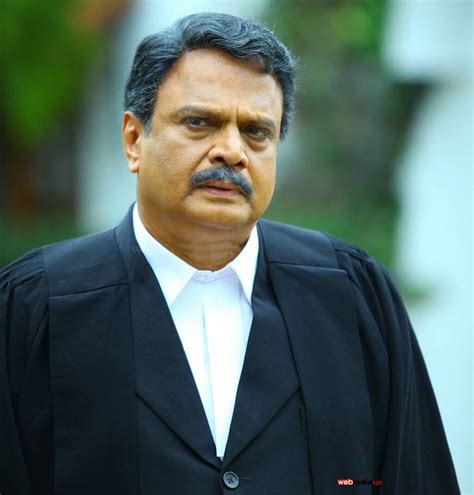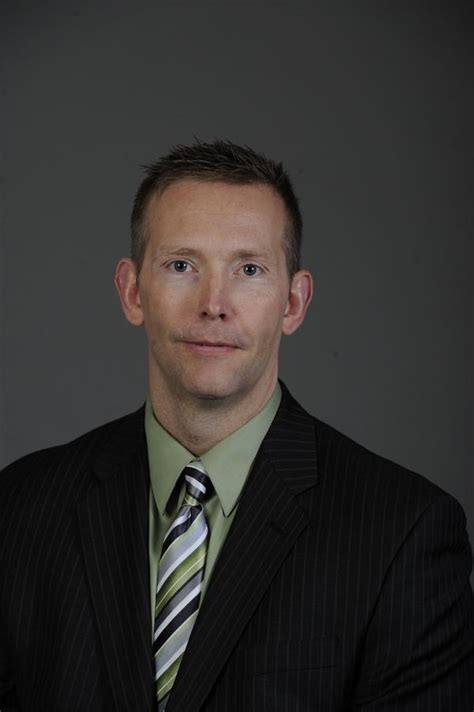A Quote by Wynton Marsalis
We fight for territory. We see it in our Congress, we see it in our political systems, we see it in our ways of life, how separated we are. When we moved out of the cities and we lost all of the memory that was in cities, and we - one of the highest achievements in our culture is to be able to segregate yourself from everyone else, and the deep thing is the deepest punishment is solitary confinement.
Related Quotes
By rebuilding transportation so that you're not owning this thing that just sits there all the time, you get to rebuild cities in the process. If we do this right as a country, we have a chance to re-create our cities with the people, rather than cars, at the center. Our cities today have been built for the car. They've been built for car ownership. Imagine walking around in the city where you don't see any parking lots and you don't need that many roads.
It’s important that someone celebrate our existence," she objected amiably. "People are the only mirror we have to see ourselves in. The domain of all meaning. All virtue, all evil, are contained only in people. There is none in the universe at large. Solitary confinement is a punishment in every human culture.
We need to take responsibility for the effect of our environment on our nervous systems, and particularly the nervous systems of our children. No wonder so many of them are diagnosed with all the stuff they're diagnosed with today. Modern technology is a blessing to be sure, but it's also a curse if we allow it to pull us out of our spiritual center. A 24 hour electronic onslaught comes at the expense of our deep humanity and our deepest relationships.
As a country, Americans have to find a way to keep our cities solvent. If large numbers of cities no longer have the necessary tax base, we have to find federal methods to intervene. If we don't, there's a risk of dozens of cities simply being left to their bankrupt fates - and I can't see how that serves anybody's interests in the long run.
I am fond of reminding my yoga students of the saying "It takes one to know one" when they become lost I condemnation and judgment of others. The world that we perceive is a reflection of our own states of mind and reveals our own level of consciousness. The world is little more than a Rorschach blot in which we see our own desire systems projected. We see what we want to see. (116)
That's grossing money for other people that has a multiplying factor, but the government doesn't see that. It doesn't see that making a film or culture or art is part of our economy. But the main reason is this, it's part of our identity. I think cinema is the memory and the imagination of the country. Take the memory and imagination out of an individual and he's stops being an individual.
We continue to see our elected officials working extra hard to create a 'good climate for business' that leads to disinvestment in public infrastructure and tax incentives to the detriment of cities, while enriching private business and further entrenching poverty. And our cities are told by legislators to use their bootstraps to survive.




































